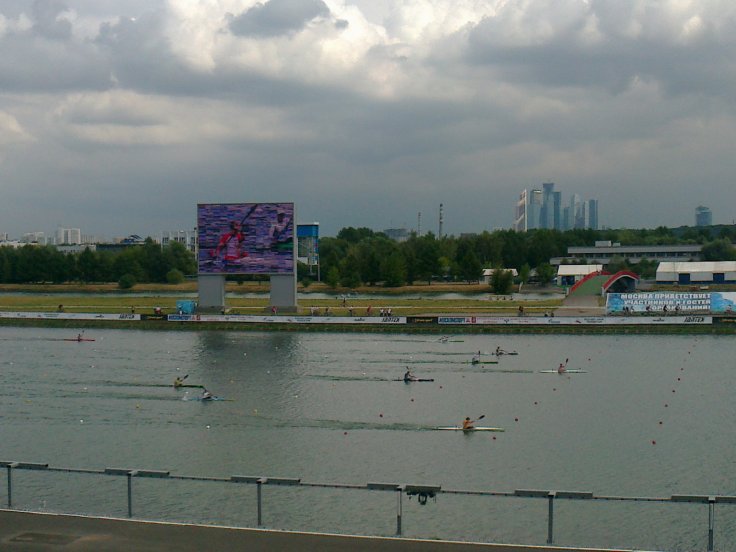World champion canoeist Laurence Vincent Lapointe, who tested positive for a steroid like substance, won the doping case on Monday after convincing the tribunal that her positive test was caused by exchange of bodily fluids with her boyfriend.
The International Canoe Federation (ICF) had opened a case on Lapointe after she tested positive, but they closed the investigation after accepting that there was enough evidence to suggest that the 11-time world champion did not directly ingest the steroid.
If Lapointe was found guilty by the ICF after the investigation, she would have faced a four-year ban which would have seen the canoeist miss her Canoe sprint event which is set to debut at the 2020 Olympics in Tokyo this summer. The Canadian's lawyer revealed in a news program that analysis of a hair sample from her then boyfriend showed that he was likely responsible for the presence of ligandrol in Lapointe's doping sample that tested positive in July.
"It's pretty incredible," Vincent Lapointe's lawyer, Adam Klevinas, said at a news conference on Monday in Trois-Rivieres, Quebec, as quoted on Washington Post. "It took months to get results, and then at the end, we got the idea to analyze the hair of her ex and to test a product he finally admitted to taking."

The key evidence reportedly came back in December ahead of the tribunal hearing called by the ICF in Switzerland. Lapointe's evidence was accepted by the body and she is now allowed to return to competition. "The ICF has accepted Ms. Vincent Lapointe's evidence which supports that she was the victim of third-party contamination," the governing body said in a statement.
Lapointe was suspended for six months which saw her miss the 2019 Canoeing world championships which was a key qualifying event for the 2020 Olympics. She can still make it for canoe sprint event in Tokyo by competing in races in Brazil and Germany later in the year.
"You can't even imagine how relieved I am," Lapointe said at the news conference. "It feels good to put an end to this journey and just be able to concentrate on what I love, and get back on the water to prepare for the (Olympics)."
The ruling, however, can by challenged at the Court of Arbitration for Sport (CAS) by the World Anti-Doping body if it is not satisfied with the verdict of the ICF. They have done so in previous cases and asked for a longer ban.









